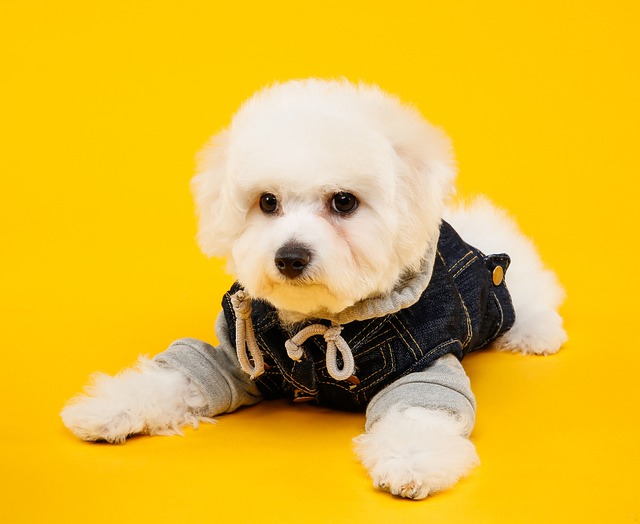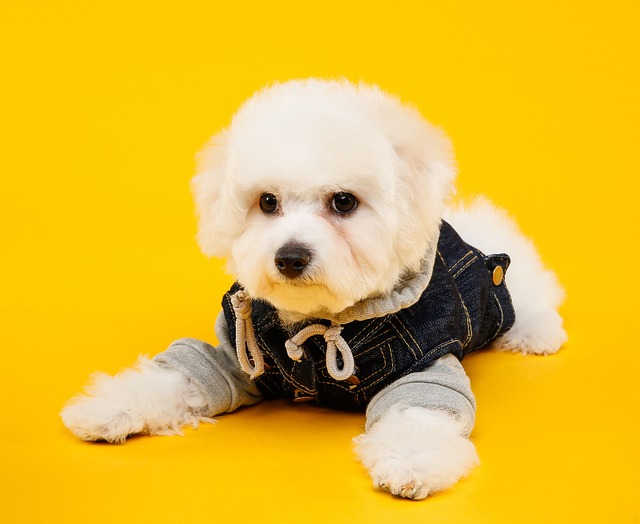
What are the characteristics of a female husky?
Bringing a female husky into your life is like adding a dash of Arctic adventure to everyday routines.
If you’ve ever fallen for that fluffy white coat and those big, round eyes, it’s easy to see why Bichon Frises are such popular pups. But let’s be real—no dog is perfect, and these little balls of energy come with their own set of challenges that every potential owner should know about.
First off, that iconic coat isn’t just for show. Bichons have hair, not fur, which means it grows continuously and tangles easily. Skip a brushing session, and you’ll find mats forming close to the skin—painful for the dog and tricky to remove. Many owners end up scheduling regular grooming appointments, which adds up in time and money. And let’s not forget the shedding (yes, even with hair, they lose some) on your couch, clothes, and basically every surface you love.
Then there’s their separation anxiety. Bichons thrive on human company; they’re like little shadows, following you from room to room. Leave them alone for too long, and they might start barking nonstop, chewing up your favorite shoes, or even having accidents indoors. This isn’t just a nuisance—it can strain relationships with neighbors, especially in apartments where noise travels. In some areas, excessive barking could even land you in hot water with local noise ordinances, so it’s something to take seriously.
 Training a Bichon can be a test of patience, too. They’re smart, but they also have a stubborn streak. House training, in particular, can take longer than with some other breeds. Consistency is key, but even then, they might decide to ignore your commands if something more interesting catches their eye—like a stray squirrel or a crumb on the floor. Positive reinforcement works best, but don’t expect them to master tricks overnight.
Training a Bichon can be a test of patience, too. They’re smart, but they also have a stubborn streak. House training, in particular, can take longer than with some other breeds. Consistency is key, but even then, they might decide to ignore your commands if something more interesting catches their eye—like a stray squirrel or a crumb on the floor. Positive reinforcement works best, but don’t expect them to master tricks overnight.
Health-wise, Bichons are prone to certain issues. Their big, round eyes are cute, but they’re also susceptible to infections and injuries. Dental problems are common too, thanks to their small mouths, so regular teeth brushing is a must. They can also suffer from skin allergies, which means you might end up experimenting with different foods or shampoos to find what works—another added expense and hassle.
Lastly, their energy levels might surprise you. These small dogs have a lot of pep, needing daily walks and playtime to burn it off. Without enough exercise, they can get restless and destructive. If you’re someone who prefers a laid-back lifestyle or works long hours, keeping up with a Bichon’s need for activity might feel overwhelming.
All that said, Bichons are loving, loyal companions—they just come with a few strings attached. Knowing these drawbacks upfront can help you decide if this breed is the right fit for your home and lifestyle.

Bringing a female husky into your life is like adding a dash of Arctic adventure to everyday routines.

If you've spent any time around Labradors,you might have noticed something interesting—some of them have little bits of white hair,even if they're supposed to be purebred.It's a common head-scratcher for owners and lovers of this popular breed.

If you’ve ever caught yourself mesmerized by a Border Collie’s intense gaze, you’ve probably noticed their stunning coat first. These working dogs aren’t just brainiacs—their coats are a living canvas showcasing nature’s artistry.

If you’ve ever fallen for that fluffy white coat and those big, round eyes, it’s easy to see why Bichon Frises are such popular pups.

If you’ve ever stood in the pet store, staring at a wall of dental chews while wondering if they’re worth the money, you’re not alone.

Walk down any pet store aisle, and you’ll see shelves lined with dental chews—colorful, bone-shaped treats promising to clean teeth and freshen breath.